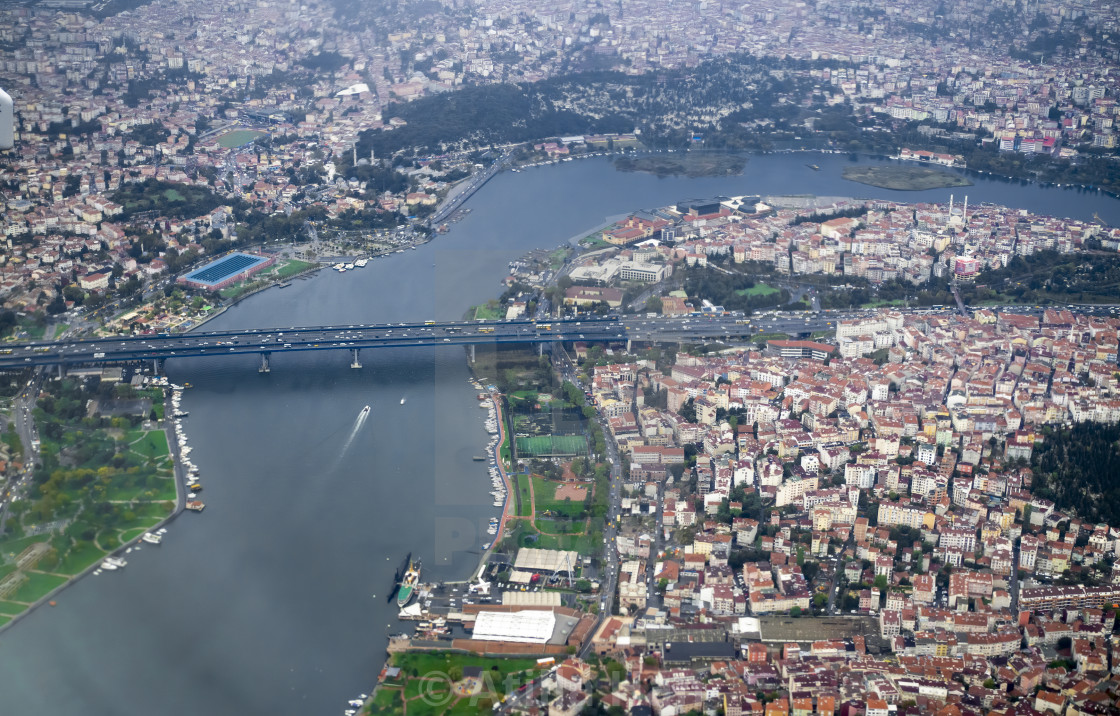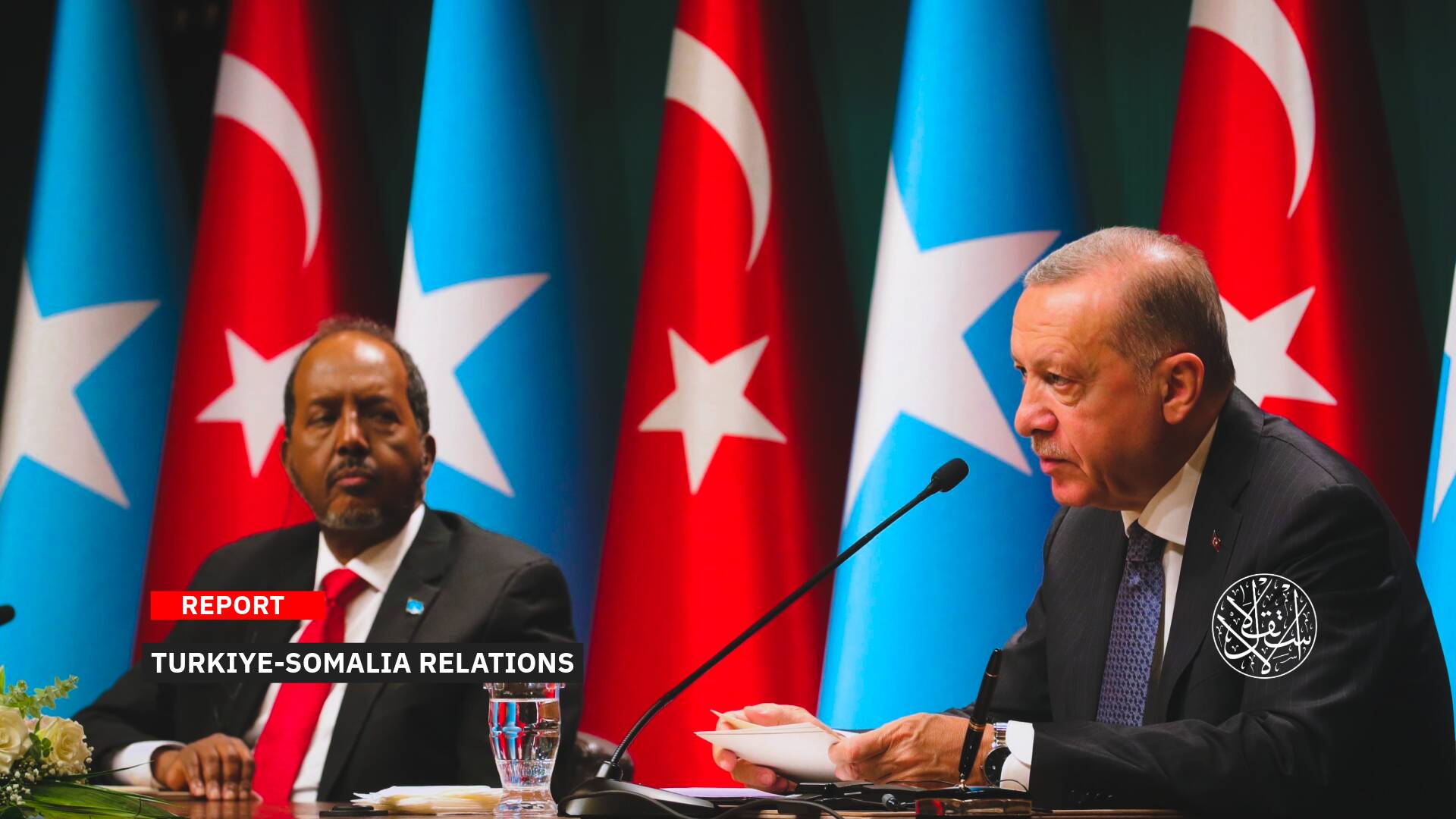What are the Priorities and Challenges Facing Erdogan's Government?

As Turkiye marks the 63rd anniversary of the 1960 coup that toppled the democratically elected government of Prime Minister Adnan Menderes and led to his execution, President Recep Tayyip Erdogan has secured another five years in power after winning a decisive victory in the presidential and legislative elections.
Erdogan, who has dominated Turkish politics for nearly two decades, defeated his main rival, Kemal Kilicdaroglu, the leader of the secular Republican People’s Party, by a margin of 52.87 percent to 47.13 percent, according to official results.
His alliance of conservative and nationalist parties also won a majority of seats in the 600-member parliament, with 321 seats.
The election results pave the way for Erdogan to implement his ambitious vision for Turkiye’s future, which he calls “the Century of Turkiye,” referring to the country’s centennial anniversary of its founding in 2023.
Promises of Achievements
In his campaign speeches, Erdogan outlined a series of goals and projects that he said would make Turkiye a global power and a leader in science, technology, defense, and development.
Among his plans are to build a space station, launch satellites, expand the transportation network, invest in human capital, improve social welfare, empower the youth, and achieve self-sufficiency in weapons production.
He also vowed to tackle the pressing challenges facing Turkiye, such as the economic downturn, the high inflation rate, the aftermath of the devastating earthquake that hit the south in February, and the regional and international security threats.
Among his top priorities is to complete the reconstruction of 11 states that were hit by a catastrophic earthquake in February, which killed over 1,000 people and displaced hundreds of thousands. President Erdogan has pledged to provide earthquake-resistant housing for the homeless, respecting the local architecture and culture of each region.
Another major project that Erdogan has championed for more than a decade is the “urban transformation” plan, which aims to replace old and unsafe buildings with modern and resilient ones.
Erdogan has accused his opponents of trying to sabotage the plan with “toxic rhetoric” and said that anyone who obstructs it “stabs the people and the country in the back.”
But perhaps the most urgent and challenging issue facing Erdogan is to revive the Turkish economy, which has suffered from high inflation, currency depreciation, low growth, and external pressures.
The coronavirus pandemic, the conflict between Russia and Ukraine, and the earthquake disaster have all exacerbated the economic woes.
Erdogan has boasted of his economic achievements since he came to power in 2003, when he inherited a troubled economy plagued by inflation, poverty, unemployment, and capital flight.
He has overseen a period of rapid growth, increased foreign trade, boosted tourism, and improved infrastructure.
However, in recent years, his economic policies have come under criticism from some analysts and investors, who have questioned his unorthodox views on interest rates, his interference in monetary policy, and his reliance on debt-fueled construction projects.

Ambitious Goals
Erdogan has unveiled some ambitious goals for the next five years, such as increasing foreign trade to $1 trillion, raising tourism revenues to $100 billion, enhancing global competitiveness, and launching the Istanbul Financial Center, which he hopes will make Turkiye a regional hub for finance.
According to official statistics, the Turkish economy grew by 5.6 percent in 2022, reaching a GDP of about $866 billion.
The inflation rate dropped to 55.18 percent year-on-year, the unemployment rate fell to 9.7 percent, and tourism revenues amounted to about $46.28 billion after the country received 51.4 million visitors last year.
However, these figures mask some underlying problems, such as the high current account deficit, the low savings rate, the weak domestic demand, and the vulnerability to external shocks.
Erdogan will have to balance his populist instincts with sound economic management if he wants to deliver on his promise of making Turkiye a prosperous and powerful nation in its centennial year.
Another controversial project is the Istanbul Canal, a 28-mile artificial waterway that would run parallel to the Bosphorus Strait, connecting the Black Sea and the Sea of Marmara.
The government says the canal would ease traffic and generate revenue from tolls, but critics say it would harm the environment, increase seismic risks, and violate international treaties.
The project, which is estimated to cost $15 billion, is expected to start construction this year and be completed by 2026.
It would turn the western part of Istanbul into an island and create new residential and commercial areas along its banks.
The canal’s plans have already affected the real estate market in the surrounding areas, where prices have soared in anticipation of development.
In 2018, more than 40,000 foreigners bought property in Turkiye, an increase of about 65 percent from the previous year, according to official data.

Defense Industry
Another area where Turkiye seeks to assert itself is the defense industry, which has become a source of national pride and income for the country.
Turkiye has developed its own weapons systems, including armed drones, missiles, armored vehicles, and electronic warfare systems, with the help of more than 2,000 local companies.
President Recep Tayyip Erdogan has vowed to make Turkiye a global power in the defense industry by 2023, the centenary of the Turkish Republic.
He has said that Turkiye’s defense projects are “complementary to its political and economic power” and that it has “become the owner of a word in the world through advanced technology.”

Turkiye’s defense exports reached $4.4 billion in 2020, according to the Defense Industries Presidency, a government agency. Seven Turkish companies were ranked among the top 100 global defense firms by Defense News, a trade publication.
Turkiye’s military ambitions have also led to tensions with some of its allies and neighbors.
The United States imposed sanctions on Turkiye last year for buying a Russian-made missile defense system, which Washington says could compromise NATO’s security.
Turkiye has also been involved in conflicts in Syria, Libya, and Nagorno-Karabakh, where it has used its drones to support its allies.










